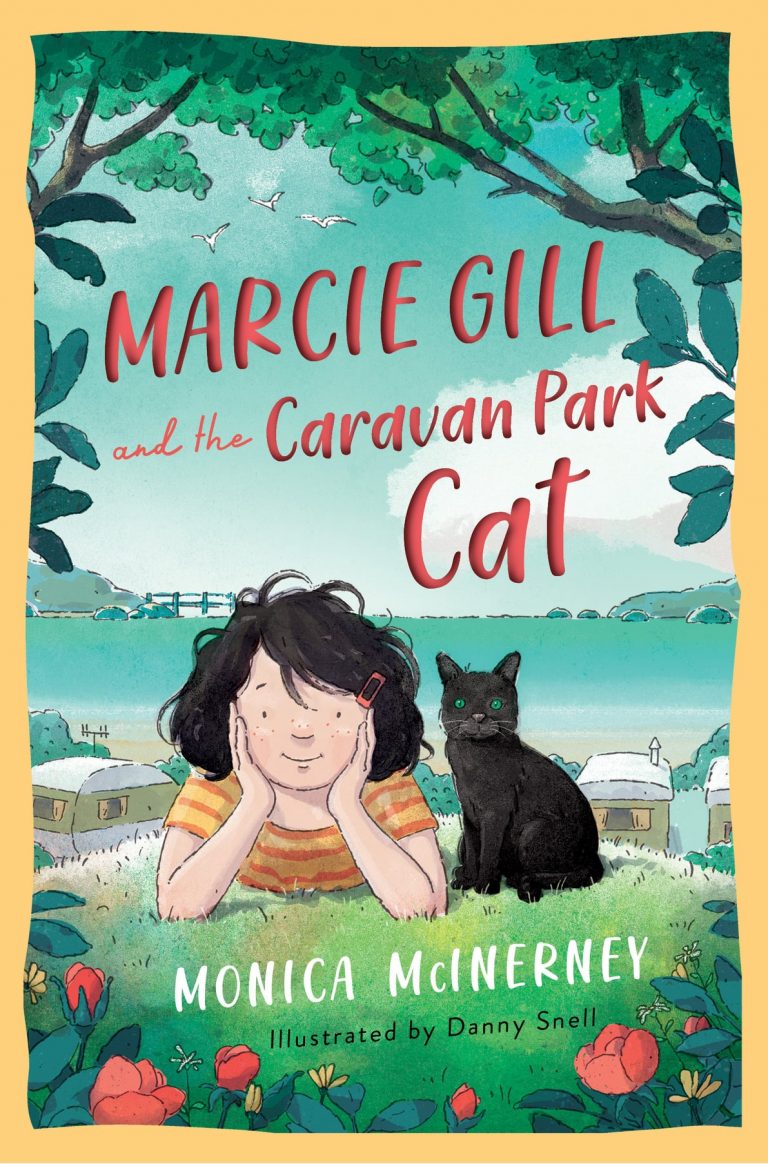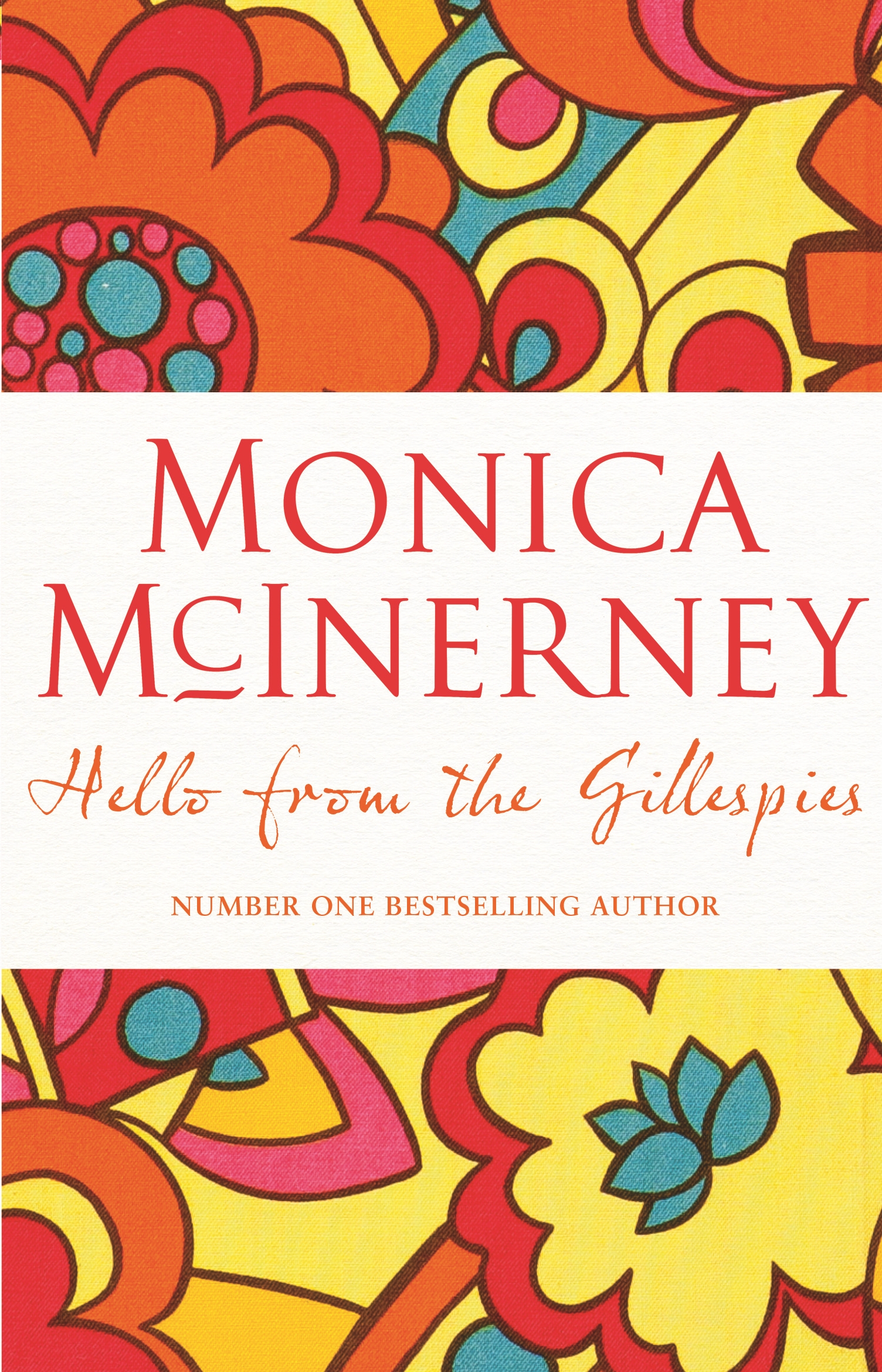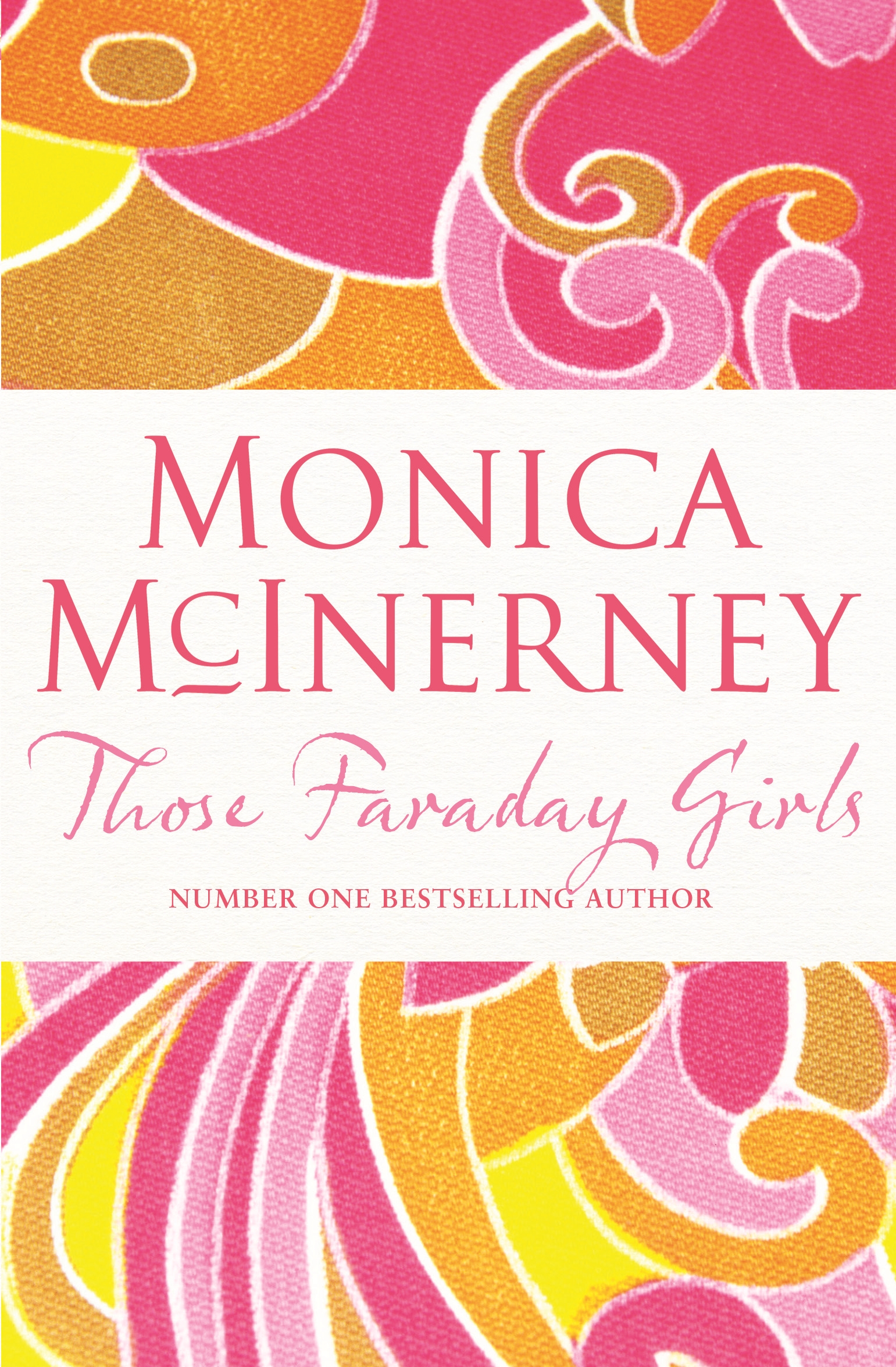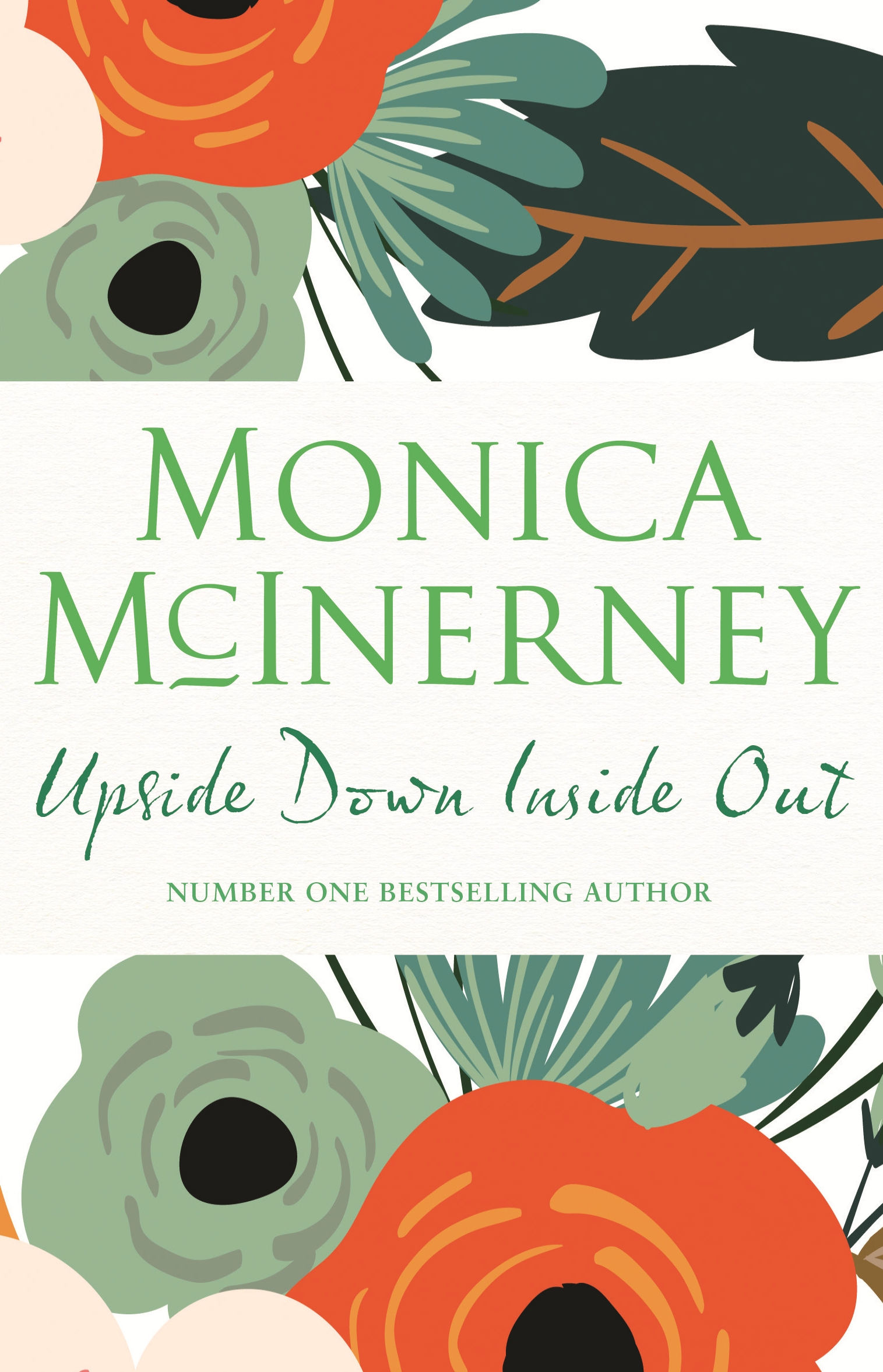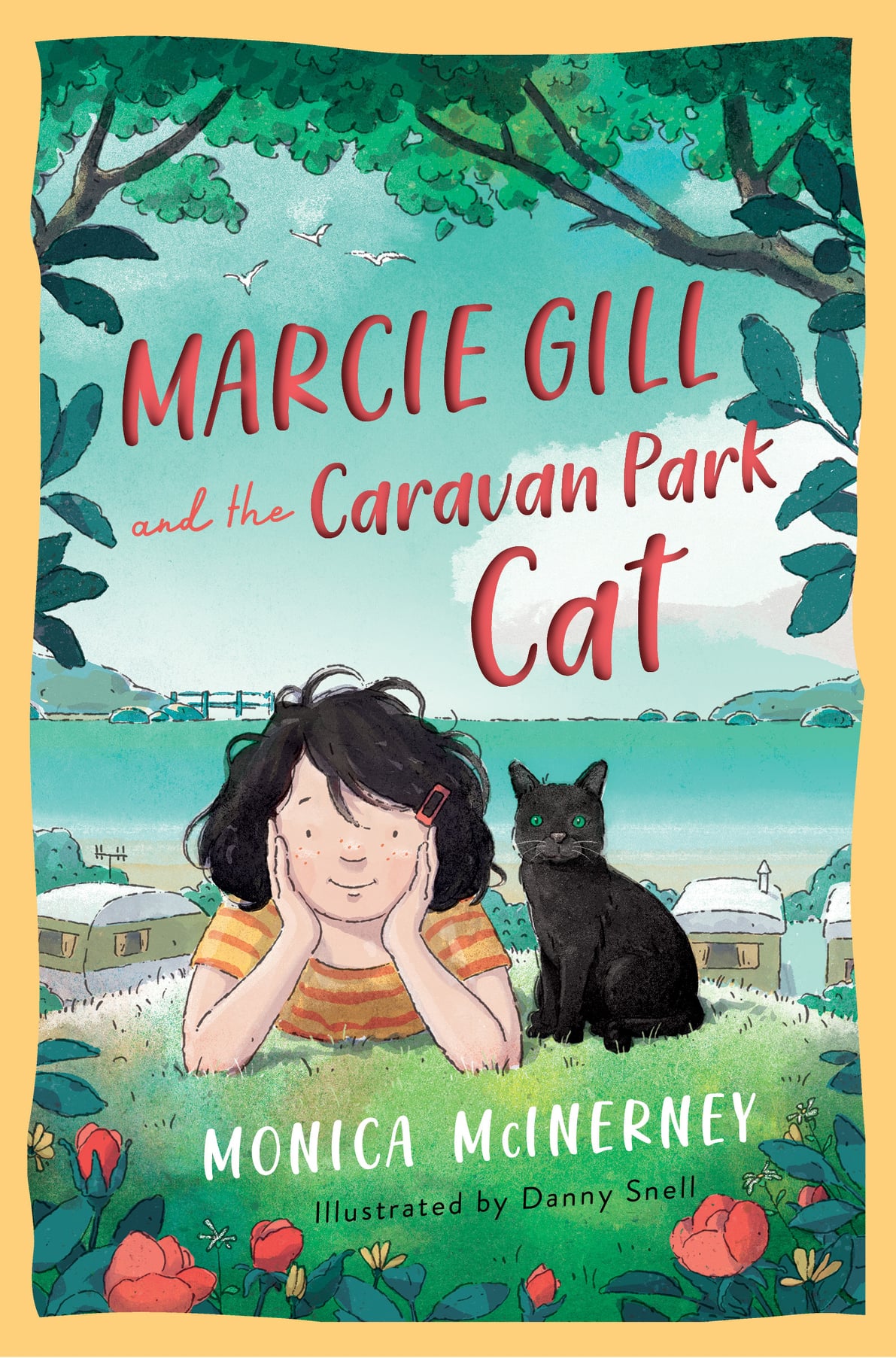The Weight of Words
A much loved friend of mine died earlier this year. She had cancer, but, even so, her death came as a shock. Once, I might have phoned my friends and family with the sad news, or even written a letter. This time, I sent an email. Within seconds, I had many sympathetic replies. The whole exchange was over in minutes.
It felt too quick. I was still left grieving, full of sorrow, my sadness barely soothed by the rush of emails. I needed to keep thinking about my friend, to dwell on what she had meant to me, continue talking about her. But it was as if the moment for sympathy had passed.
Then, a week later, a card arrived in the post from my Mum in Australia. ‘I’m thinking of you at this sad time. I’m so sad too.’ The tears flowed out of me. Not just in response to that handwritten message, but knowing that Mum had taken the time to buy a card, write a message, go to the post office. Her actions seemed like a proper tribute to our friend, an honouring of some kind.
The big events in our lives – births, death, marriages – take time to happen, time to absorb, yet technology pressures us to respond instantly, by email, by text, via Twitter or Facebook. But just because we can move swiftly to communicate our feelings doesn’t mean we always should.
I’m not a Luddite. I have an iPad, a computer, a mobile phone. I take digital photos, and love sending them instantly to my mum, my family, my friends. But images remain the same whether they are sent with speed or more slowly. Emotions are different. They are fragile and ever-changing. Expressing deep feelings in writing requires time and contemplation, not speed and efficiency.
I had good news this year too, when a friend had her longed-for first child. The birth was announced on Facebook, and dozens of congratulatory messages quickly appeared. I added one myself, but afterwards, I felt uneasy, as if I hadn’t marked such a momentous event properly. So I walked into town, chose a card, wrote in it, put it in the post. Two weeks later I received a handwritten thank-you card from my friend. Her message inside was brief – she hadn’t had much sleep, she confessed – but she wanted to let me know my card would go into her baby’s treasure box. ‘We got so many lovely messages via Facebook too, but I don’t know how to save them.’
Before she moved house recently, my mum sorted through a lifetime’s belongings, giving away some to charity and some to me and my six brothers and sisters. Her most unexpected gift to us was something we’d originally given her – letters we’d each sent home over the years but that we hadn’t known she’d kept. I received a big box full of postcards, aerogrammes and bulky ten-page letters in faded airmail envelopes. Some I’d sent when I was living in London as a 19-year-old, others from Sydney as a 21-year-old, many more when I moved to Ireland as a 26-year-old, nearly 25 years ago now.
It was a surprisingly emotional experience to read them all again, far better than reading a diary. It was like taking a trip in a time machine made from paper. I’d unselfconsciously poured out my thoughts to my mum and dad, sharing first impressions of new cities and countries, telling all about my work and romantic adventures, sometimes far too candidly. I saw my handwriting change from a 19-year-old’s excited scrawl to an adult’s more measured script. And I imagined what it must have been like for my mum and dad to receive such letters from a daughter far from home.
I know handwriting a letter takes more effort. You can’t delete a word without it looking messy on the page. It takes more time, too. But when you put pen to paper, you send a little bit of yourself. Not just through your unique handwriting, but also by leaving an invisible trace of your touch on the page. You even send a bit of your DNA by licking the stamp or envelope. Your message then goes on a physical journey, from post office to sorting office to delivery van to the postman dropping it into the recipient’s letterbox. All those different people involved in hand delivering your message surely increase the weight of your words.
I’m not advocating a ban on email, texts, Twitter and Facebook. But maybe next time you want to congratulate or sympathise with someone, perhaps pause for a second. Stop the social media world spinning, even temporarily, as I am trying to do. Give yourself time, in many different ways. To think about what you want to say. To let your recipient know that what has happened to them – be it a death, a birth, an anniversary – is important. That it matters enough to deserve more than a flurry of fingers on a keyboard and a quick press of a Send button.
And perhaps, when you need it most, you too will receive something in the post, letting you know that someone cares about you. So much so that they put it into real, handwritten words.
